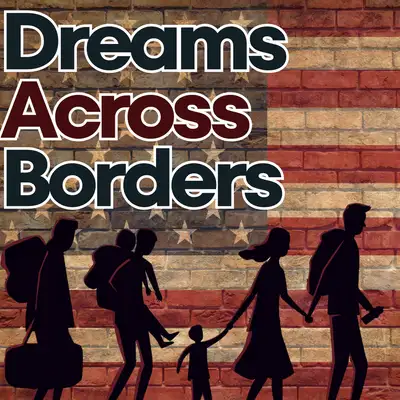Best Column (3rd place) from the Georgia College Press Association.
Have you ever had a moment where you uncovered a dark truth? Maybe it was a scandal about a celebrity you saw from a story in the media. Maybe it’s an insecurity inside yourself that you’ve made known to your friend. Or maybe you learned something about your own family that suddenly changes everything you ever thought about the people closest to you. For me, it was when I learned about my own family’s generational curse, one that is not uncommon in America: divorce.
I should’ve seen it coming. My biological grandfather left while my father was still young. My maternal grandpa had a habit of unfaithfulness to his wife. My own mother was divorced prior to meeting my father. Divorce has plagued my family for at least two generations, and I know we aren’t the only ones.
Although it was widely reported that divorce rates during the pandemic were lower than expected, this was likely due to procedural reasons. Court filings were backed up as pandemic restrictions closed non-essential government offices. The official numbers for 2022 are not yet out, but experts predict the percentage of marriages ending in divorce would spike above 44%. For every 25 couples who get married, 11 will end up in divorce. But why does this even matter?
There are obvious reasons — such as abuse or infidelity — why a person should seek a divorce. However, many divorces happen for the stated reason of “irreconcilable differences.” In these situations, couples should really consider the consequences of breaking up the marriage.
Divorce is the literal breaking up of a family, and it has devastating effects on all people involved. Couples, after undergoing the divorce process, are likely to experience increased unhappiness, loneliness and distancing, lower productivity and focus, anxiety and/or depression, lower self-esteem, substance abuse, feelings of anger, frustration or helplessness, and increased stress-related health problems. While these symptoms can be temporary, they also have the potential to cause the person to spiral.
Children of divorced parents often have strained relationships with their parents, attempt suicide, experience emotional problems like depression, anxiety and loneliness, develop low self-esteem, and endure more health and social problems. According to relationship expert Rachel Pace, “Since parents going through divorce are more exhausted, and stressed, it could happen that parental control and expression of love decrease.”
Ultimately, children of divorced parents are more likely to struggle in romantic relationships and get divorced themselves.
I want this to change this narrative.
Divorce is intergenerational. This family curse is like a disease, spreading down the family tree. Divorce may be the norm in American culture, but as a college student forming my own relationships, hoping to start a family someday, I don’t want this to be my norm.
When a couple commits to each other in marriage, they take a vow to love one another until “death do us part.” That commitment should mean something.
I will break this curse.













